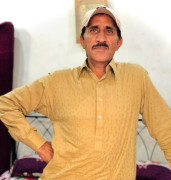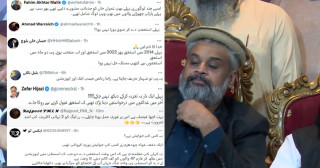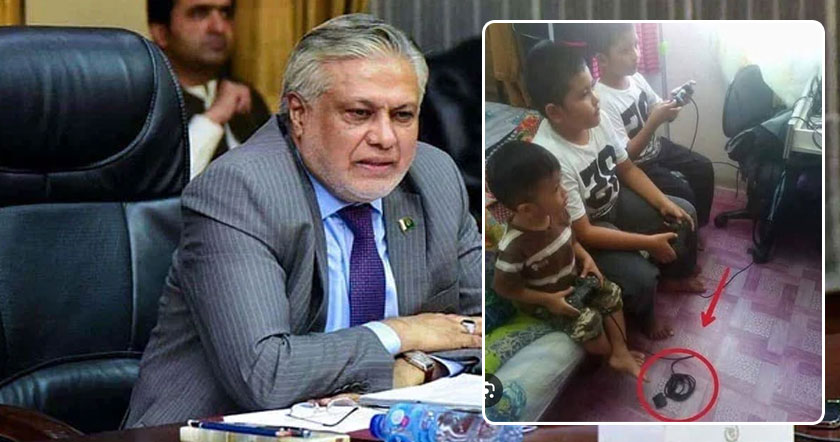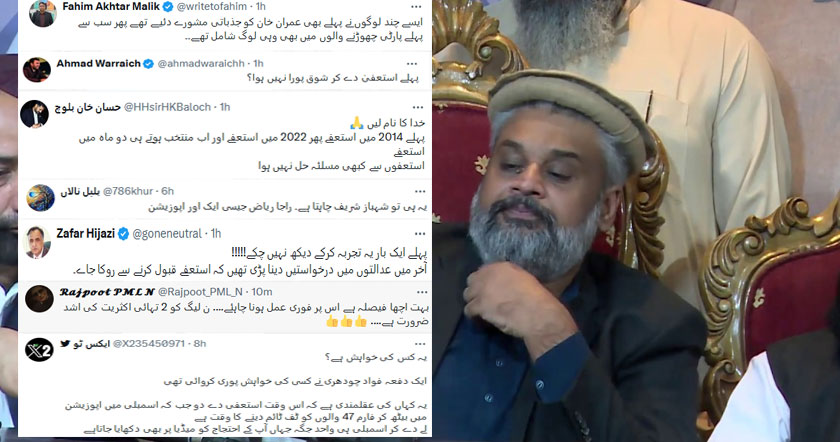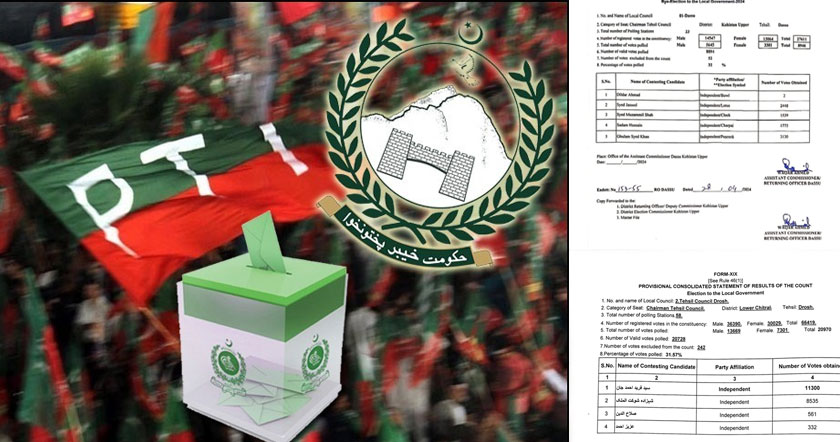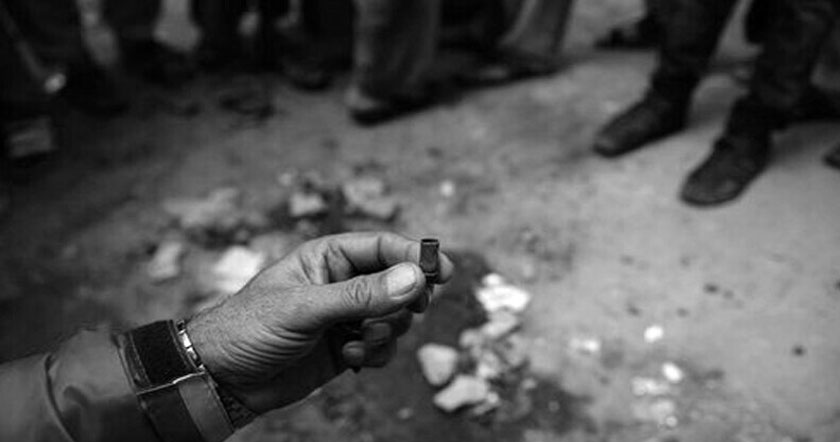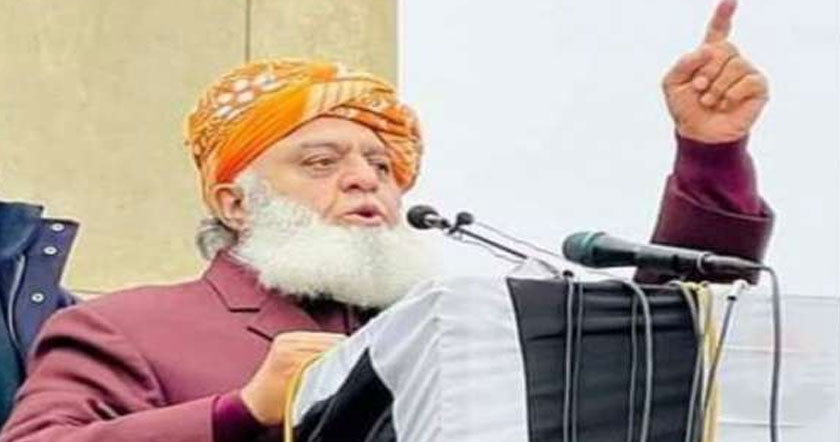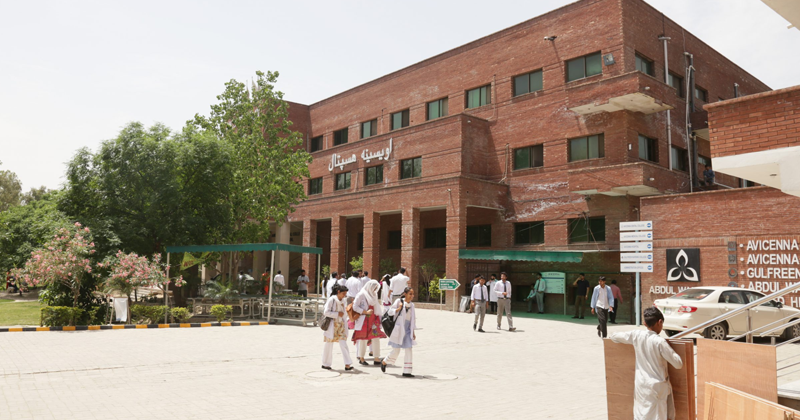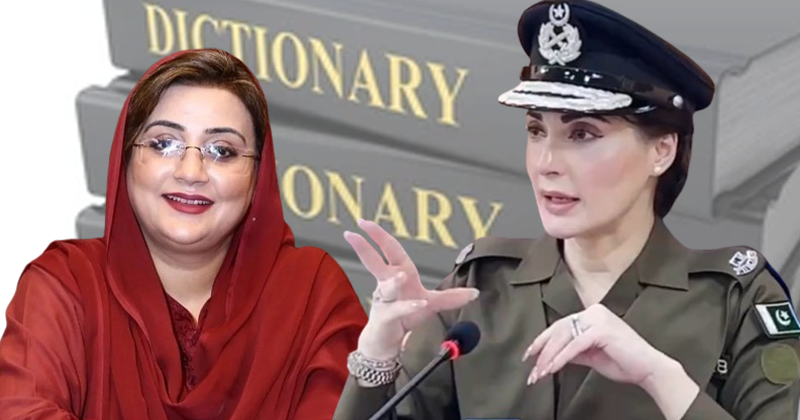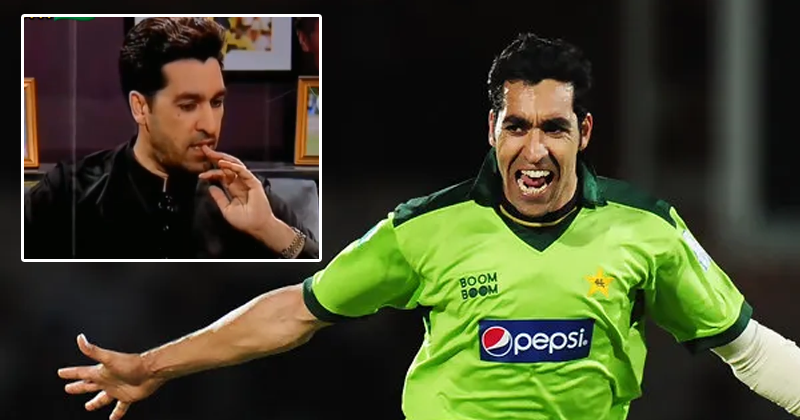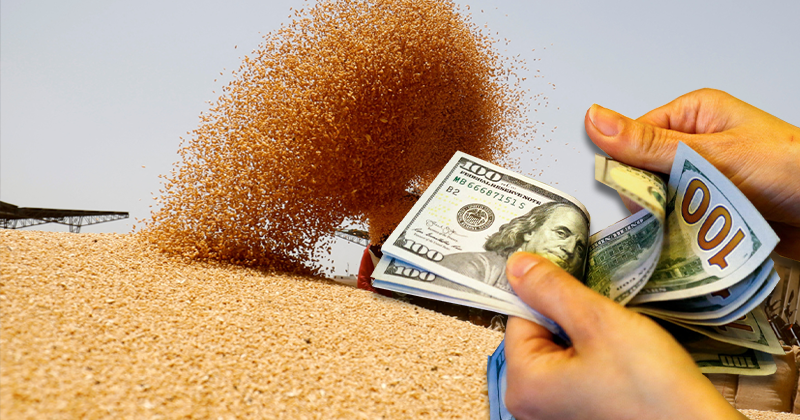AT a time when Pakistan is crying out for a hands-on and focused leadership, the country`s politics looks increasingly like the theatre of the absurd.
The ongoing tragi-comedy of poor governance appears even more horrific now as political leaders hurl dirt-bombs at each other in complete disregard of the deteriorating situation at home and grim challenges abroad.
The tone and tenor of President Asif Ali Zardari`s vitriol last week in Naudero captured the sorry spirit of the times.
Steeped in the tradition of killing the political opponent with the lash of the tongue, the speech lampooned the leadership and politics of the PML-N, putting through the shredder all hopes that any effort was under way to somehow craft a beyond-party consensus to save the day for Pakistan.
But in a limited sense, that speech, and the vitriolic attacks PML-N representatives have been making against President Zardari, serve the purpose of removing the mist from Pakistan`s political landscape, making the picture look clearer.
The ongoing hate-matches have bared a few important trends that need to be marked for their importance in shaping the near-future political trends in national politics.
The first trend relates to alignment of political forces. The method in the PPP`s frontal assault on the PML-N is quite clear: it is heightening the cold war between the army leadership and Mian Nawaz Sharif`s party.
The core decision-makers in the PPP believe that this strategy wins them the goodwill of the establishment, whose current heads army chief Gen Ashfaq Kayani and DG ISI, Gen Shuja Pasha have come under direct attack from Mr Sharif.
They also believe that the military leadership, buffeted by sharp public criticism for exceptional security lapses in recent times, would feel comfortable seeing their worst critic getting a political beating.
By accusing Mr Sharif of undermining state institutions, PPP leaders draw the critical benefit of dividing the so-called Punjabi plank of power. A Punjabi contender for power pitted against a Punjab-dominated establishment is a dream come true for President Zardari.
Therefore, in the coming days, we may witness more cosiness between the generals and the presidency. They have a common target.
An offshoot of this trend is solidifying of the ruling alliance: parties like the MQM, the JUI-F and the PML-Q will now stay firmly with the PPP. The tradition of honouring GHQ`s political preferences is still a path of choice for most of them.
Ironically, Imran Khan, who positions himself as the most vocal agent of new politics, might also contribute to the strengthening of the PPP government. He has been unrelenting in his punishing criticism of the PML-N, whose Punjab constituency he fervently eyes to build his own political fortune. He too might want to build more pressure on Mr Sharif, sparing the government and the establishment some of his characteristic harshness.
This creates an `alone-against-Rome` kind of a situation for the PML-N. For the first time in its political history, this entity is floating on the high seas unaided by the establishment and unattended by other political forces.
This in itself is a new trend. While League representatives insist that the 2008 elections were a turning point in their politics, for the most part of the last three years, the party has been dithering in taking clear positions.
The party`s top leadership, the two Sharif brothers, stood poles apart in their assessment of the trajectory of their party`s relations with the army and the PPP. No less divergent were their views on the urgency of taking core decisions. Shahbaz Sharif, the younger brother, pressed for a swift, substantive and long-term coexistence with the army, while the elder Sharif insisted on not sleeping with the enemy.
Their views also differed on who the enemy (or `political competitor` to use a less jarring term) was. Shahbaz Sharif pointed an unambiguous finger at Asif Ali Zardari, sometimes going to the extent of suggesting that the country`s president could go as far as to kill his brother.
Nawaz Sharif, on the other hand, often equivocated in naming the League`s challenge number one, but insisted that the army had no role to play in political decision-making.
This division at the top also saw the formation of two distinct groups within the League. One group thought that dialogue with the PPP could yield results. Standing with Nawaz Sharif, this group argued that the government had to complete its term and the only political hope this country could have was through improving the existing system.
The other group was clinical and cynical in saying that the PPP had barely had its head out of the pit that its leaders had been digging for themselves so studiously in the last three years.
This League group saw the rapid wrap-up of the political system, the postponement of the next elections for years, while the gap might be filled with a military-backed government of all talents.
Now this divisive debate in the League has pretty much gone in the background. For the first time, the party appears focused.
However, this does not guarantee political success. PML-N leaders` sense of taking the high moral ground does not solve the party`s problems of organisation at the grassroots and the deep-seated frustrations of its workers factors that eventually decide the fate of any political force.
As it struggles with its internal issues and faces a completely loaded political dice, the League will become more hawkish, eliminating the margins of reconciliation, widening the gaps, deepening divisions. And this the fourth trend is the most dangerous.
It speaks of the politics of extreme confrontation that can cause governance to sink to a new low, pushing the country further from the shore.
The writer is a senior journalist at DawnNews.
The ongoing tragi-comedy of poor governance appears even more horrific now as political leaders hurl dirt-bombs at each other in complete disregard of the deteriorating situation at home and grim challenges abroad.
The tone and tenor of President Asif Ali Zardari`s vitriol last week in Naudero captured the sorry spirit of the times.
Steeped in the tradition of killing the political opponent with the lash of the tongue, the speech lampooned the leadership and politics of the PML-N, putting through the shredder all hopes that any effort was under way to somehow craft a beyond-party consensus to save the day for Pakistan.
But in a limited sense, that speech, and the vitriolic attacks PML-N representatives have been making against President Zardari, serve the purpose of removing the mist from Pakistan`s political landscape, making the picture look clearer.
The ongoing hate-matches have bared a few important trends that need to be marked for their importance in shaping the near-future political trends in national politics.
The first trend relates to alignment of political forces. The method in the PPP`s frontal assault on the PML-N is quite clear: it is heightening the cold war between the army leadership and Mian Nawaz Sharif`s party.
The core decision-makers in the PPP believe that this strategy wins them the goodwill of the establishment, whose current heads army chief Gen Ashfaq Kayani and DG ISI, Gen Shuja Pasha have come under direct attack from Mr Sharif.
They also believe that the military leadership, buffeted by sharp public criticism for exceptional security lapses in recent times, would feel comfortable seeing their worst critic getting a political beating.
By accusing Mr Sharif of undermining state institutions, PPP leaders draw the critical benefit of dividing the so-called Punjabi plank of power. A Punjabi contender for power pitted against a Punjab-dominated establishment is a dream come true for President Zardari.
Therefore, in the coming days, we may witness more cosiness between the generals and the presidency. They have a common target.
An offshoot of this trend is solidifying of the ruling alliance: parties like the MQM, the JUI-F and the PML-Q will now stay firmly with the PPP. The tradition of honouring GHQ`s political preferences is still a path of choice for most of them.
Ironically, Imran Khan, who positions himself as the most vocal agent of new politics, might also contribute to the strengthening of the PPP government. He has been unrelenting in his punishing criticism of the PML-N, whose Punjab constituency he fervently eyes to build his own political fortune. He too might want to build more pressure on Mr Sharif, sparing the government and the establishment some of his characteristic harshness.
This creates an `alone-against-Rome` kind of a situation for the PML-N. For the first time in its political history, this entity is floating on the high seas unaided by the establishment and unattended by other political forces.
This in itself is a new trend. While League representatives insist that the 2008 elections were a turning point in their politics, for the most part of the last three years, the party has been dithering in taking clear positions.
The party`s top leadership, the two Sharif brothers, stood poles apart in their assessment of the trajectory of their party`s relations with the army and the PPP. No less divergent were their views on the urgency of taking core decisions. Shahbaz Sharif, the younger brother, pressed for a swift, substantive and long-term coexistence with the army, while the elder Sharif insisted on not sleeping with the enemy.
Their views also differed on who the enemy (or `political competitor` to use a less jarring term) was. Shahbaz Sharif pointed an unambiguous finger at Asif Ali Zardari, sometimes going to the extent of suggesting that the country`s president could go as far as to kill his brother.
Nawaz Sharif, on the other hand, often equivocated in naming the League`s challenge number one, but insisted that the army had no role to play in political decision-making.
This division at the top also saw the formation of two distinct groups within the League. One group thought that dialogue with the PPP could yield results. Standing with Nawaz Sharif, this group argued that the government had to complete its term and the only political hope this country could have was through improving the existing system.
The other group was clinical and cynical in saying that the PPP had barely had its head out of the pit that its leaders had been digging for themselves so studiously in the last three years.
This League group saw the rapid wrap-up of the political system, the postponement of the next elections for years, while the gap might be filled with a military-backed government of all talents.
Now this divisive debate in the League has pretty much gone in the background. For the first time, the party appears focused.
However, this does not guarantee political success. PML-N leaders` sense of taking the high moral ground does not solve the party`s problems of organisation at the grassroots and the deep-seated frustrations of its workers factors that eventually decide the fate of any political force.
As it struggles with its internal issues and faces a completely loaded political dice, the League will become more hawkish, eliminating the margins of reconciliation, widening the gaps, deepening divisions. And this the fourth trend is the most dangerous.
It speaks of the politics of extreme confrontation that can cause governance to sink to a new low, pushing the country further from the shore.
The writer is a senior journalist at DawnNews.


